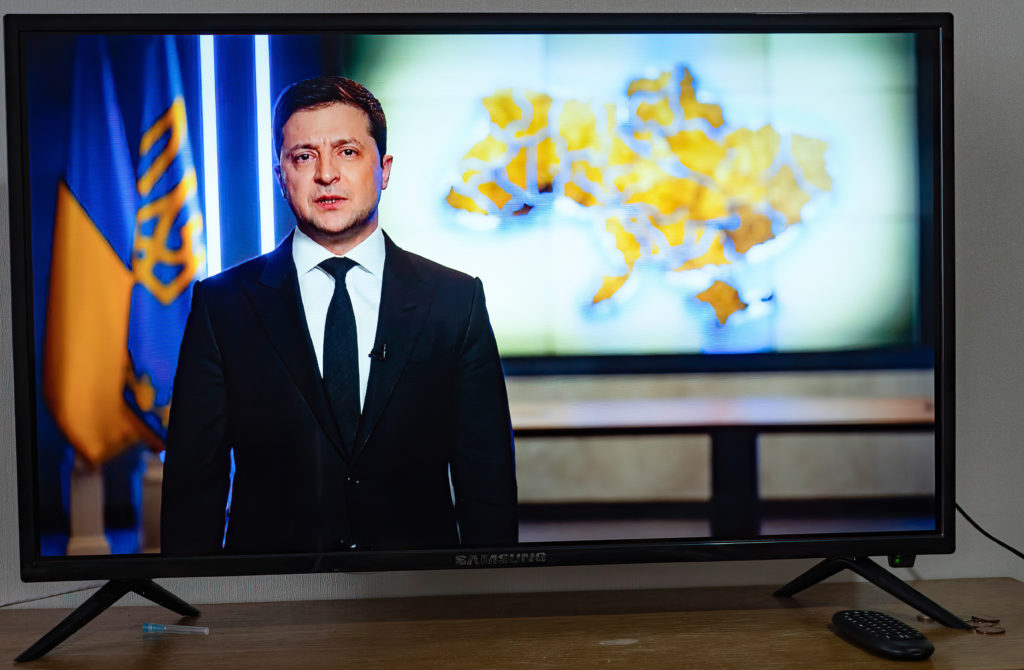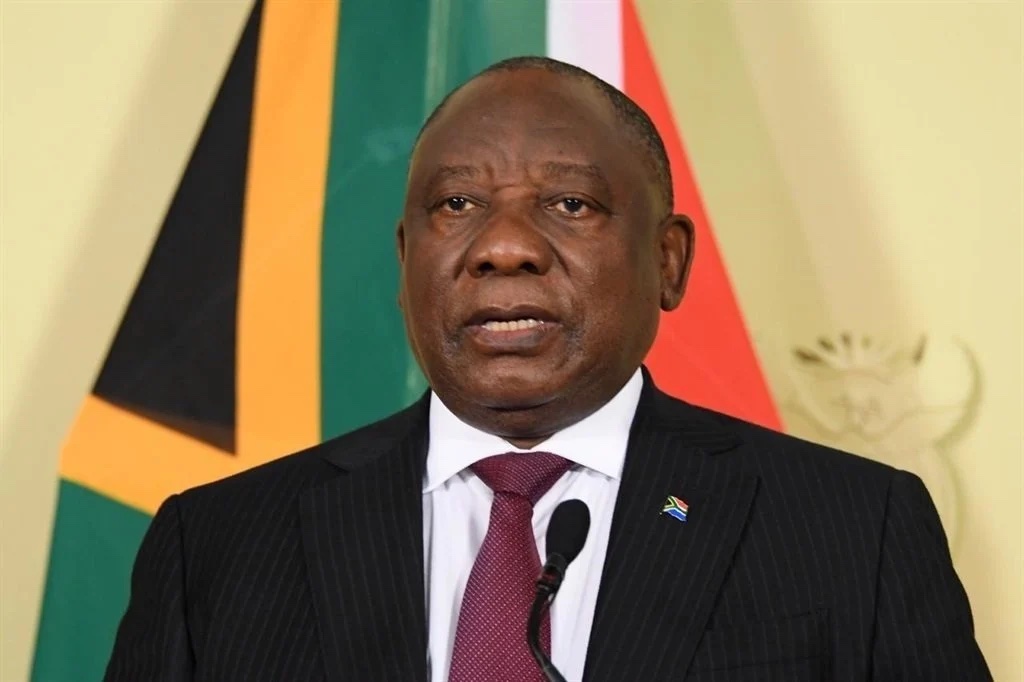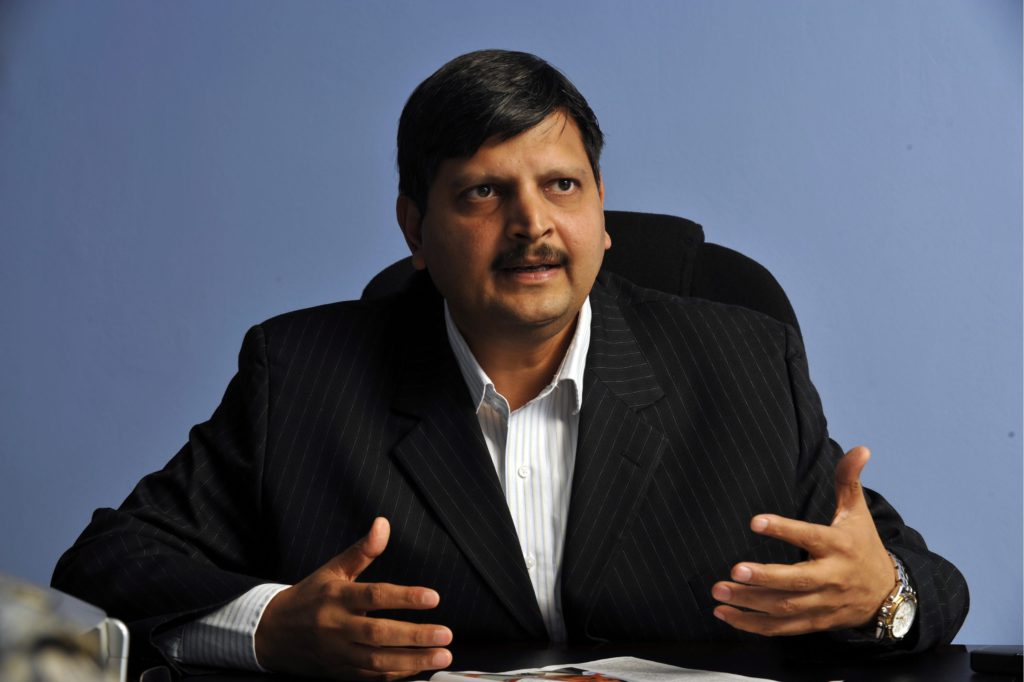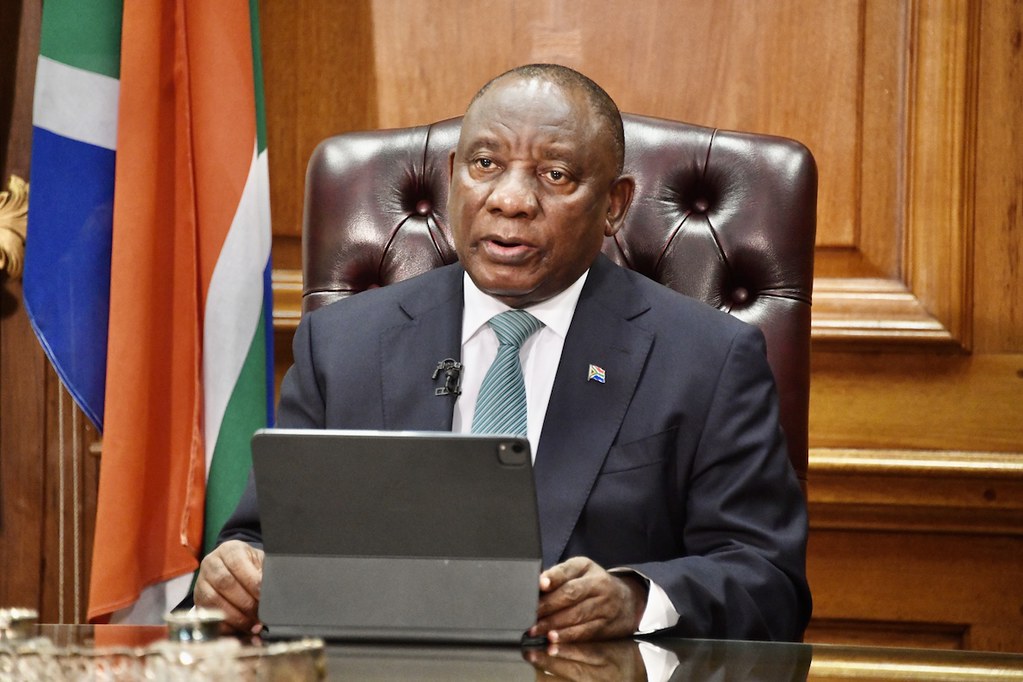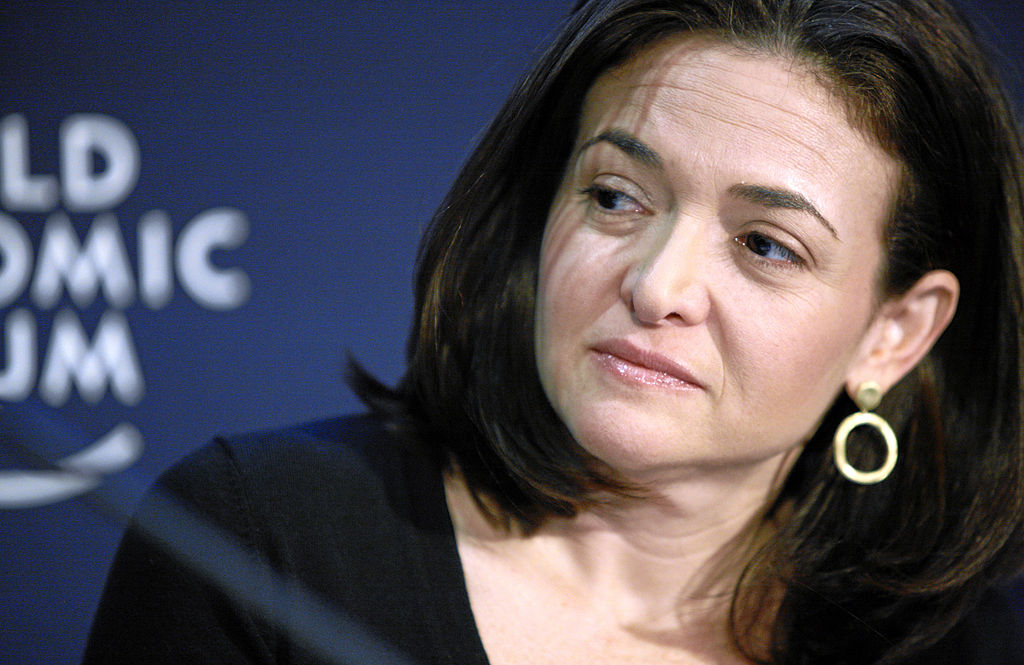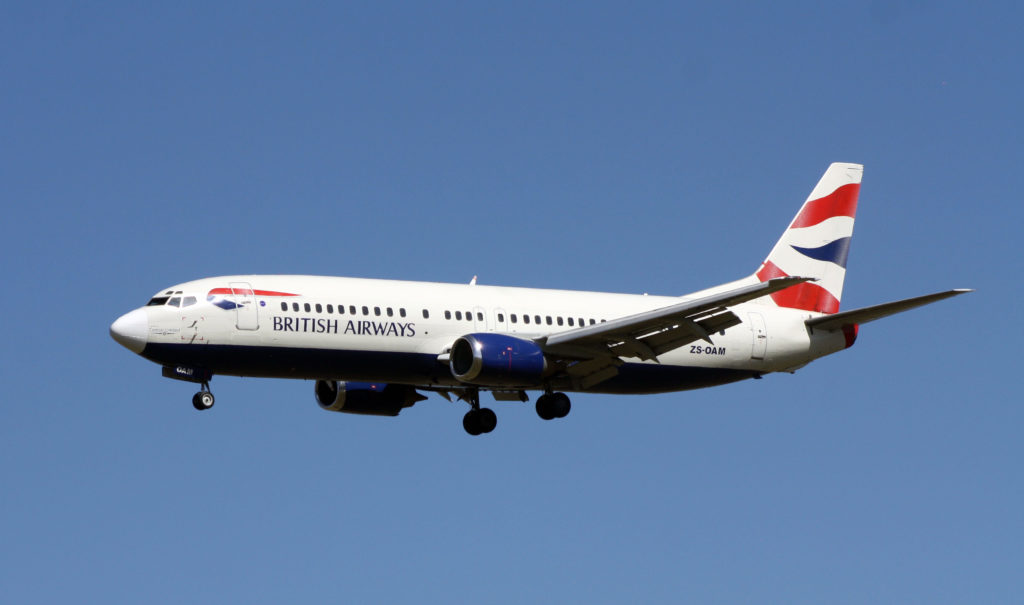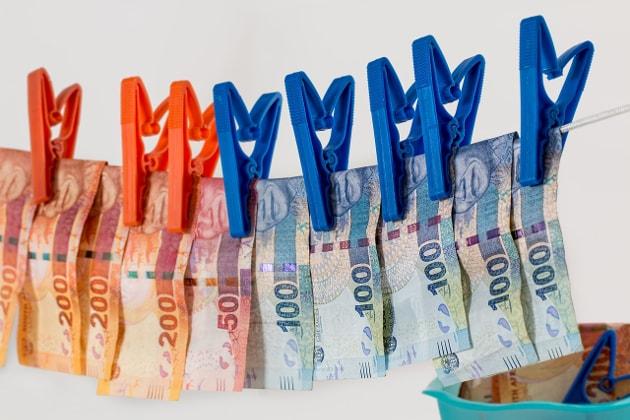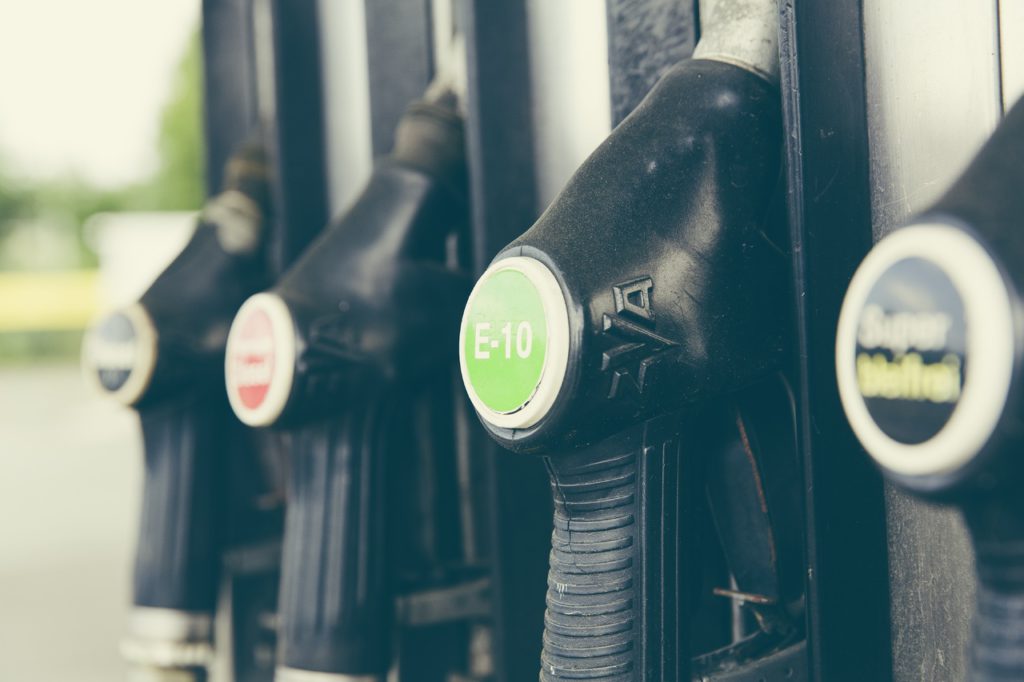Ukraine is fighting for its survival after a total onslaught from the Russian military who were given the green light by President Vladimir Putin to invade Ukrainian territory on Thursday morning in what Putin called a “special military operation”.
It is unclear what Putin’s ultimate war goals are, but they seem to be ambitious as Russian airstrikes and military advancements try and force a path open to the Ukrainian capital city of Kyiv.
But Ukrainian President Volodymyr Zelenskiy has vowed to stay put in Kyiv even as Russian forces close in on the city.
On Friday morning, there were reports of multiple explosions in the city with air defence mechanisms in combat with Russian aircraft.
Anton Herashchenko, an adviser to the interior minister, said Ukrainian forces shot down an enemy aircraft over Kyiv in the early hours of Friday morning.
The debris fell from the amber coloured sky and hit a residential building, setting it alight. It was unclear if the aircraft was a manned plane or a missile.
US secretary of state Antony Blinken said all signs indicated that Russian forces were going to “encircle and threaten” the city.
Bloomberg reports that senior Russian officials want to see a pro-Moscow government installed in Ukraine as the Western world grapples with how to approach Russian aggression.
Earlier on Thursday, Russian troops defeated the Ukrainian military and captured the Chernobyl nuclear power plant.
Mykhailo Podoliak, advisor to the Ukrainian president said it was impossible to know whether the Chernobyl site, where a nuclear reactor exploded in 1986, was safe.
On Thursday evening US President Joe Biden announced new sanctions against Russia and called the attack on Ukraine “premeditated” and a “brutal assault”.
The US will implement export controls against Russia with rules allowing the US to restrict exports to Russia from anywhere in the world that use American technology. The US government also targeted major Russian banks.
Meanwhile, in the UK, Prime Minister Boris Johnson announced harsh financial penalties that included asset freezing against all major Russian banks and a plan to ban Russian companies from raising finance on UK markets.
Putin asked Russia’s business leaders to back his efforts and said he “had no choice” over Ukraine.
While addressing MPs, Johnson said Putin may face war crime charges over the invasion of Ukraine.
The International Monetary Fund (IMF) and the World Bank said Russia’s actions would significantly affect global economic recovery and pledged to help Ukraine with the former ready to deploy $2.2 billion in aid in the form of a loan agreement until the end of June.
The IMF said the funds could also be used to help neighbouring countries mitigate some of the spillover from the conflict in Ukraine.
During the day, protests broke out at Russian embassies around the world from Tokyo to New York City, while around 1000 people were arrested for trying to protest in Moscow.
By Thursday evening no fewer than 1,667 people had been detained by police in Russia for trying to denounce the government’s actions over Ukraine.
If the conflict didn’t have a sad enough outlook to it already then hearing from a young Ukrainian who had hopes and dreams for peace and prosperity only to wake up and have her family evacuated is even more heart wrenching to read.
Just a day earlier on Wednesday, Danielle, a 15-year-old girl who lives in Kyiv, told CBS News that she hoped a full-scale war would not engulf her country.
On Thursday morning she woke up to what she thought were fireworks going off – it was the beginning of the Russian invasion.
Back on home soil, the conflict threatens to spill over into South Africa with potential consequences for us as well.
There could be rising fuel costs, an earlier than expected interest rate hike from the SA Reserve Bank to help with inflation, and higher bread prices. What’s more, a lower demand for commodities and a “risk-off” attitude from investors towards emerging markets could negatively affect the rand.
Ukrainian ambassador to South Africa Liubov Abravitova called on Cyril Ramaphosa to join the global effort on Thursday and impose sanctions on Russia.
Abravitova said in a press conference, “We call on all our democratic nations of the world to immediately enact a package of new sanctions.
We also call on friendly capitols to support Ukraine’s defensive capabilities by providing weapons and military equipment.”
The department for international relations and cooperation called for the immediate withdrawal of Russian troops from Ukraine and said it was working with the South African embassy in Ukraine to help SA nationals in the country with any assistance.
The embassy says there is not more than 250 South Africans in the country and that communication channels were open.
Medical student Zwivhuya Machaba said she formed part of a group of students in Kharkiv, Ukraine.
When the bombs started going off, Machaba and others contacted the embassy and were told to stock up on supplies and shelter underground.
Machaba says there are no flights in and out of Ukraine with no way to get over the border into Poland either.
“When we contacted the embassy about an evacuation plan, they told us not to panic, but we are literally stranded,” she told News24.
As the conflict broke out, airlines scrambled to reroute planes and the Ukrainian airspace closed for all air travel.
While Reuters reports the European Union Aviation Safety Agency (EASA) said “Ukraine’s skies and airspace in Russia and Belarus within 100 nautical miles of borders with Ukraine could pose risks.”
In the markets, the turmoil brought on by the Ukrainian invasion calmed somewhat as trade came to a close in New York last night.
Most major currencies closed the day weaker but better off than earlier in the day while equity markets also recovered.
On the currency front, the rand was 2.65% weaker and climbed above the R15.50/$ level at one point yesterday but came back down to settle at R15.36/$ last night.
“We are currently trading at 15.29 as the Dollar gives back more of its gains in the Far East trading session. The Russian Ruble touched an all-time weakest level of 89.99 yesterday but has recovered to 84.82 this morning as some calm returns.
The Rand should hold below the 15.35 level for now and we could still see some further recovery to 15.15 in the short term,” comments forex trading house TreasuryONE.
On the commodities front, they too had a rollercoaster day yesterday with Gold almost reaching $2,000 an ounce but it eventually ended the day flat says TreasuryONE.
This morning, the precious metals are trading softer with gold at $1,914, platinum at $1,063, and palladium at $2,460. Brent is currently at $101.31 a barrel, down from yesterday when it nearly hit $106 and climbed above $100 a barrel for the first time since 2014.
Here’s a roundup of the world’s top and most interesting headlines:
SA Business
Oil has stabilised a bit after Ukraine shock – but R21 petrol is very much on the cards – Business Insider
Eskom tariffs to increase by 9.61% from 1 April – FIn24
80% of South Africa’s roads have reached the end of their design life: minister – BusinessTech
Global Business
Nigeria takes JP Morgan to court for $1.7 billion over oil deal – TimesLive
Russian billionaires lose $39 billion in a day on Ukraine attack – Bloomberg/DM
Ukraine is crowdfunding to shore up its defense against the Russian military – Business Insider
Markets
Asian markets track Wall St rally as traders weigh Russia sanctions – AFP
Russian market rout wipes $200 billion from stocks; bonds dive – Bloomberg
Bitcoin climbs 11.52% in bullish trade – Investing.com
Opinion/In-depth
A history of $100 oil – AFP/News24
Why would Russia want to take Chernobyl? – NBC News
Mining Spotify metadata to track the mood of a nation – Andrew Trench on Medium.com
Video
WATCH | ‘We are stranded, we do not know where to go’ – SA student in Ukraine – News24
Meta’s Zuckerberg unveils AI metaverse projects – Reuters
Plastic waste twice as bad as 20 years ago – eNCA
Image source: Getty Images

